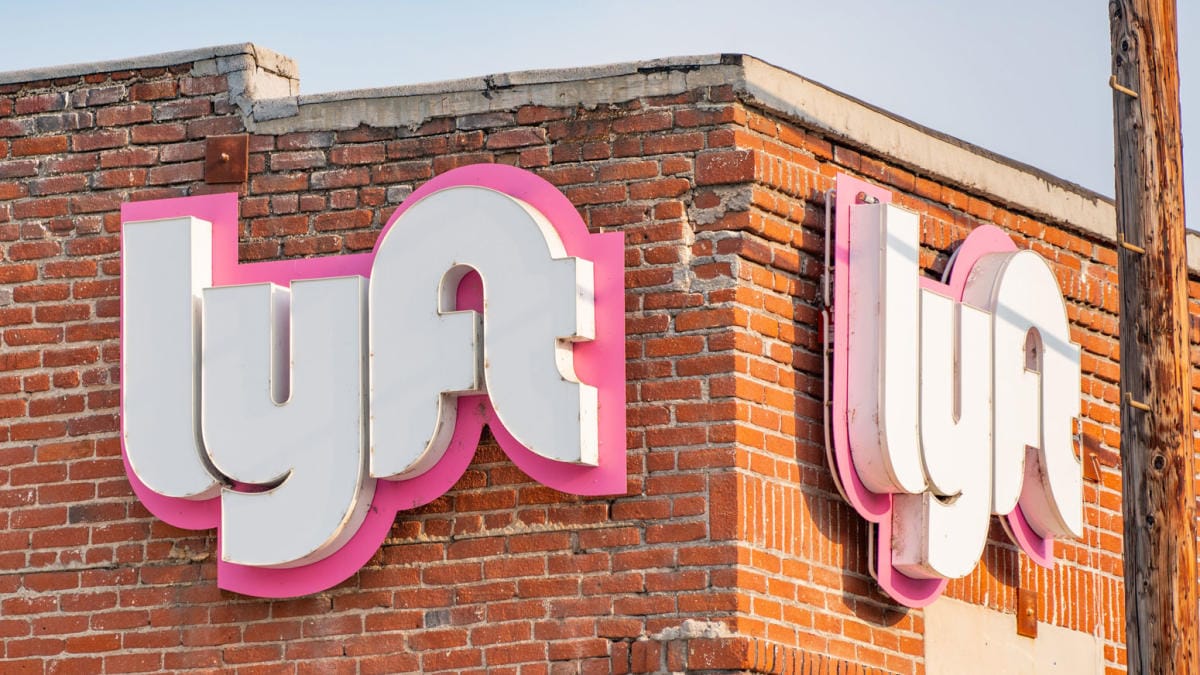Lyft Accused of Deceptive Pay Claims: FTC Settlement Reveals Earnings Misrepresentation

Lyft Inc. is in the spotlight after the Federal Trade Commission (FTC) accused the ride-hailing giant of making misleading claims about driver earnings. The FTC's investigation, which spanned 2021 and 2022, has resulted in a proposed settlement that highlights significant concerns about the transparency of earnings information provided to drivers.
Misleading Earnings Promises
The FTC alleged that Lyft misled potential drivers with inflated hourly wage claims. For instance, in cities like Atlanta, drivers were told they could earn up to $33 an hour; in Portland, Ore., the figure jumped to $41, and in Los Angeles, it soared to $43. However, these figures often included tips, which many drivers may have assumed were in addition to the stated hourly pay.
Importantly, the FTC pointed out that these pay claims did not reflect the reality for most drivers. Instead, they were based on the earnings of the top 20% of drivers, leading to a misleading impression for those considering joining the platform. The agency noted that the actual earnings for many drivers were inflated by as much as 30%.
The Settlement Agreement
In response to the FTC's findings, Lyft has agreed to pay a civil penalty of $2.1 million. While the company neither admitted nor denied the allegations, it emphasized its commitment to improving transparency. In a blog post, Lyft stated that the settlement came after "productive discussions" with the FTC and acknowledged the importance of maintaining trust within the communities it serves.
As part of the settlement, Lyft must adjust its earnings claims to accurately reflect typical driver earnings. The company is required to back up any future pay claims with solid evidence and clearly notify drivers about the terms of its "earnings guarantee" offers.
Recent Changes and Future Outlook
In light of the scrutiny, Lyft has rolled out new features aimed at ensuring drivers understand their potential earnings before accepting rides. These changes are part of a broader effort to enhance transparency and rebuild trust with drivers who may feel misled by previous communications.
Lyft is also undergoing significant operational restructuring, including cuts to its bikes and scooters division, which is expected to incur charges of up to $46 million. This restructuring comes as the company prepares to report its third-quarter earnings on November 6. Analysts expect Lyft to announce adjusted earnings of 20 cents per share on sales of $1.4 billion, a slight increase from the previous year.
Market Reactions
Despite these challenges, Lyft shares remained relatively stable in after-hours trading, having ended the regular session down nearly 3%. Year-to-date, Lyft's stock has decreased by 11%, contrasting with a gain of approximately 22% for the S&P 500 index. This disparity highlights the ongoing struggles Lyft faces in a competitive market dominated by rising costs and regulatory scrutiny.
Conclusion
The FTC's allegations against Lyft serve as a reminder of the importance of transparency in the gig economy, where many drivers depend on accurate information to make informed decisions about their work. As Lyft moves forward, its ability to restore trust and provide clear, truthful earnings information will be crucial in shaping its future and maintaining its driver base.
